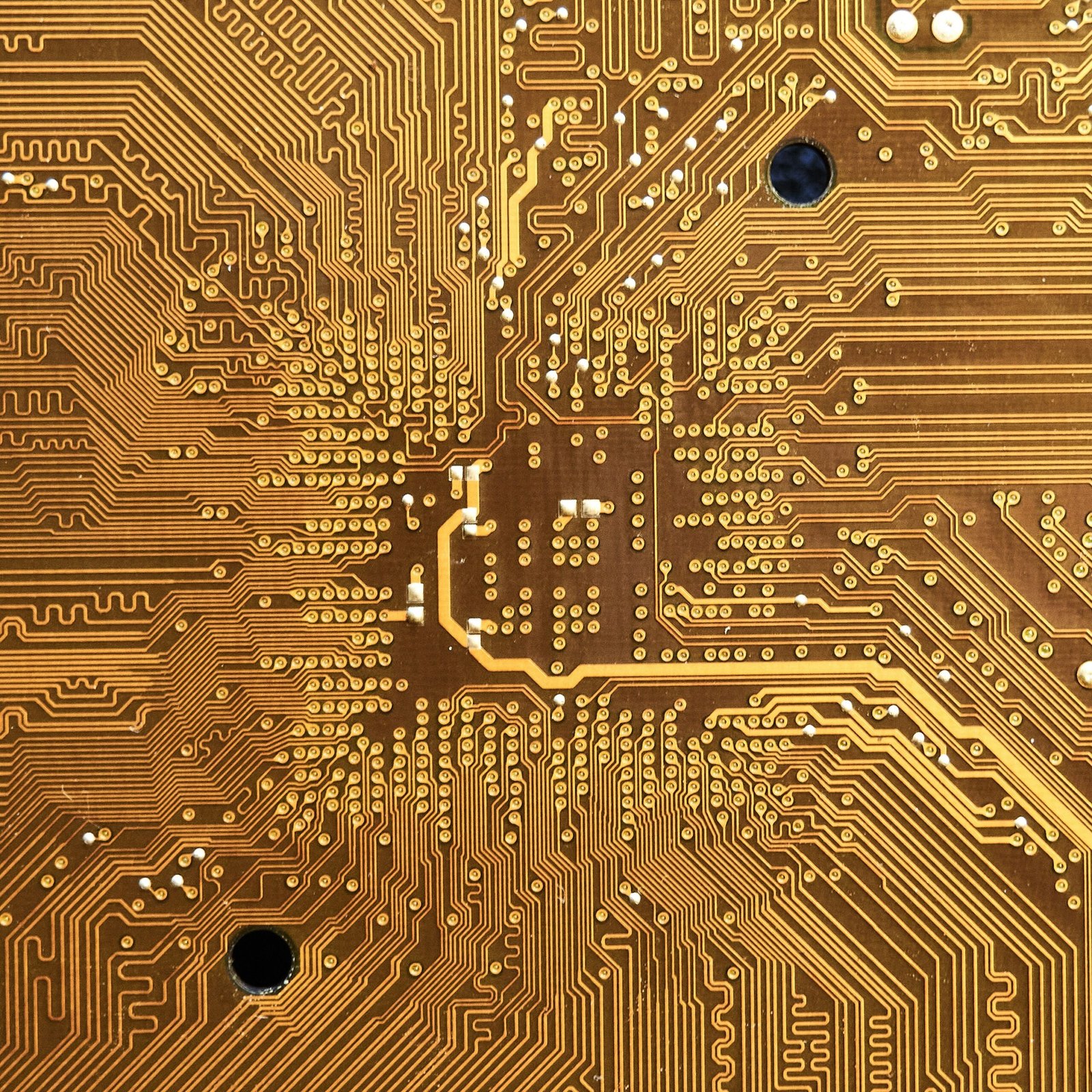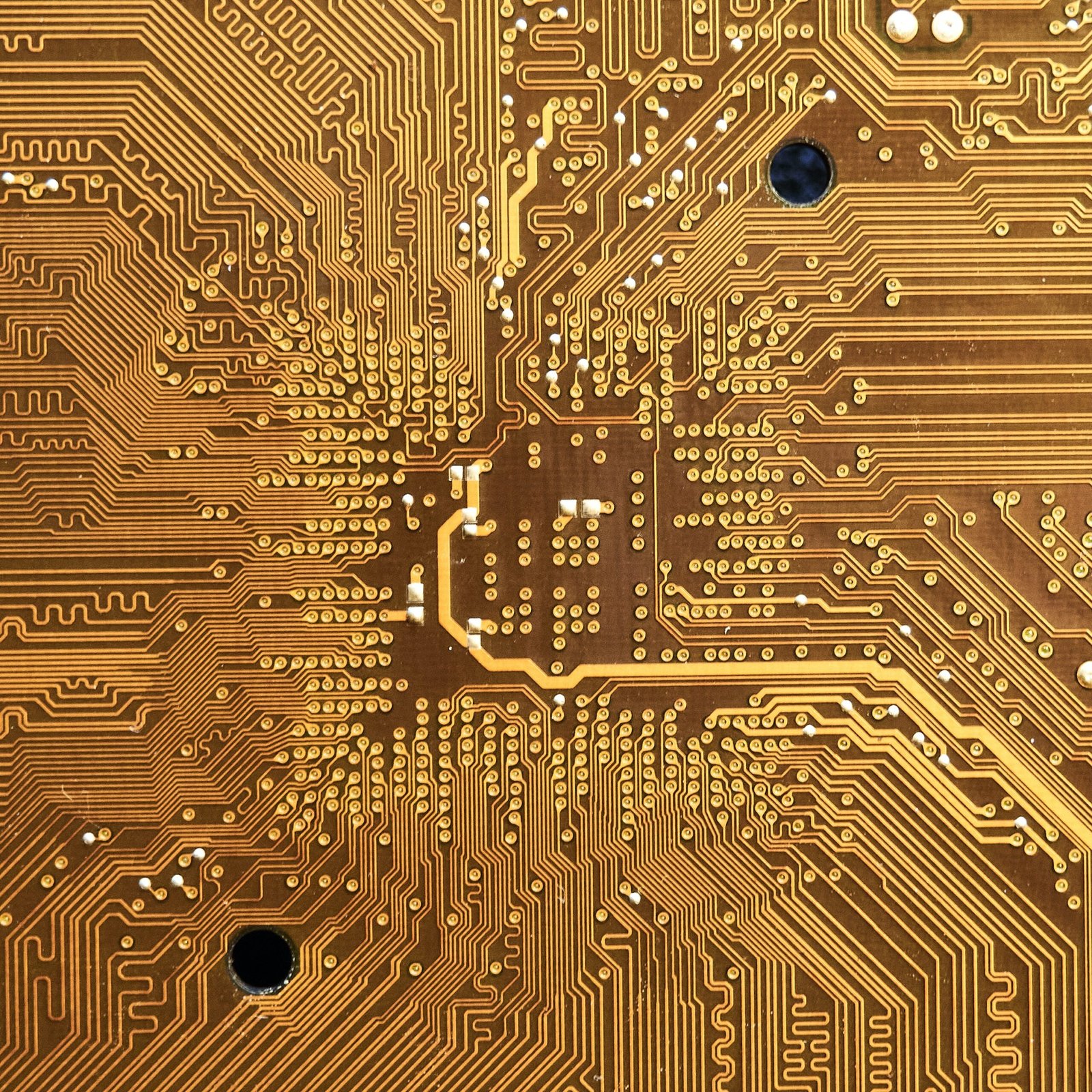Quantum Computing and AI: Pioneering New Frontiers in Human Health and Scientific Discoveries
The Intersection of Quantum Computing and AI: Transforming Human Health
In the evolving landscape of human health, the convergence of quantum computing and artificial intelligence (AI) is heralding a new era of medical innovation. Quantum computing’s unparalleled processing power is set to revolutionize complex medical research, offering unprecedented capabilities in areas such as drug discovery, genomics, and personalized medicine. This synergy between quantum computing and AI is poised to transform the healthcare industry, enhancing both patient outcomes and operational efficiency.
Quantum computing’s ability to process vast amounts of data at speeds unattainable by classical computers opens new avenues for medical research. In drug discovery, quantum algorithms can simulate molecular interactions at an atomic level, significantly accelerating the identification of potential drug candidates. This capability reduces the time and cost associated with bringing new medications to market, ultimately improving patient access to cutting-edge treatments.
In the realm of genomics, quantum computing facilitates the analysis of complex genetic data, enabling a deeper understanding of genetic disorders and the development of targeted therapies. The integration of AI with quantum computing enhances this process through advanced pattern recognition and predictive analytics, allowing researchers to identify genetic variations linked to specific diseases with greater accuracy and speed.
Personalized medicine stands to benefit immensely from the fusion of these technologies. AI algorithms, empowered by quantum computing, can analyze a patient’s unique genetic makeup and medical history to predict their response to various treatments. This capability enables the development of highly individualized treatment plans, optimizing therapeutic efficacy and minimizing adverse effects.
Current breakthroughs and ongoing research projects illustrate the practical applications of quantum computing and AI in healthcare. For instance, IBM’s Qiskit platform is being used to explore quantum-enhanced machine learning models for cancer diagnosis, while Google AI Quantum is investigating quantum algorithms for predictive analytics in healthcare. These initiatives highlight the transformative potential of these technologies in delivering more accurate diagnostics and innovative treatment solutions.
As the integration of quantum computing and AI continues to advance, the healthcare industry is poised to witness significant improvements in patient care and medical research. The ongoing collaboration between researchers, clinicians, and technologists will be crucial in unlocking the full potential of these groundbreaking innovations.
Quantum Computing and AI: Catalysts for Scientific Discoveries
Quantum computing and artificial intelligence (AI) are emerging as pivotal forces in driving new scientific discoveries across a multitude of disciplines. The unique capabilities of quantum computing enable it to tackle complex problems that are currently insurmountable for classical computers. This revolutionary computational power opens unprecedented avenues for research in fields like physics, chemistry, and materials science.
Traditional computers operate on binary data, processing information in bits that are either 0s or 1s. In contrast, quantum computers use quantum bits or qubits, which can exist in multiple states simultaneously. This property, known as superposition, allows quantum computers to process vast amounts of data and perform multiple calculations at once. Additionally, the phenomenon of entanglement enables qubits that are entangled to influence each other instantaneously, regardless of distance. These capabilities allow quantum computers to solve highly complex problems at speeds unattainable by classical computers.
AI, when integrated with quantum computing, has the potential to revolutionize data analysis. Quantum AI can sift through massive datasets, uncovering patterns and insights that were previously inaccessible. This ability is crucial for accelerating innovation and discovery in various scientific domains. For instance, in materials science, quantum computing can simulate molecular structures with high precision, leading to the development of new materials with unique properties. In chemistry, it can model complex chemical reactions, paving the way for the discovery of new drugs and sustainable energy solutions.
Several notable scientific breakthroughs have already been facilitated by the synergy of quantum computing and AI. For example, researchers have used quantum computers to simulate the behavior of electrons in a molecule, which is a significant step toward understanding chemical reactions at the quantum level. In physics, quantum computing has enabled the simulation of quantum systems, providing deeper insights into fundamental particles and forces.
The future implications of quantum computing and AI for scientific research are profound. These technologies promise to transform our understanding of the natural world and drive cross-disciplinary advancements. As quantum computing continues to evolve, its integration with AI will likely yield more groundbreaking discoveries, pushing the boundaries of what is scientifically possible.



